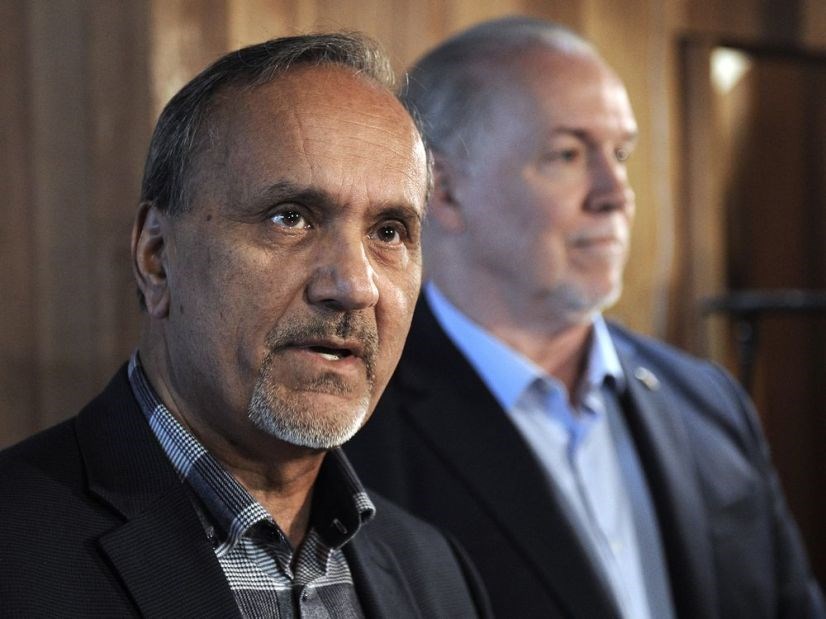B.C.’s New Democrat government has introduced changes to labour law that scrap measures from the previous Liberal regime and meet recommendations from the province’s top unions.
Labour Minister Harry Bains said the proposed legal changes “supports our government’s commitment to update employment standards and ensure they are applied evenly and enforced.”
The legislation would “broadly raise the age a child may work from 12 to 16,” according to Bains’ ministry, while allowing exemptions for 14 and 15 year olds to do light work like stocking shelves at a grocery store or working on a family farm.
Previously, children as young as 12 could work with special permission from parents and the government. Bains said there are examples of children as young as 12 in B.C. working in hazardous sectors like construction and mining, and that B.C. paid out $5 million in worker’s compensation due to injuries to young children in recent years.
The change will bring B.C. into line with international standards on child labour, said Bains. Exactly what duties 14 and 15 year olds can perform will be set by later cabinet regulations.
The government legislation also proposes to expand unpaid job-protected leaves up to 10 days for workers escaping domestic violence, as well as the option for 15 weeks of consecutive unpaid leave and up to 36 weeks for a worker who needs to care for a critically ill child.
Tips at restaurants will also be pooled and regulated to be shared fairly, so that employers can’t withhold them or deduct them, according to the legislation. The recovery period would expand to 12 months from the current six months.
B.C. is copying Ontario’s model to regulate tips and gratuities.
The Employment Standards Branch would also be modernized, and penalties increased, as part of “a more effective compliance and enforcement program,” said Bains.
The changes were recommended by the B.C. Federation of Labour, an umbrella group for many of the province’s largest unions, which has been heavily lobbying NDP and Green MLAs to roll back labour code changes made by the previous Liberal government in the early 2000s.
Green leader Andrew Weaver has called for a more moderate approach instead of an extreme policy lurch.
Some of the changes Monday were also supported by the B.C. Law Institute.
The legislation follows a government-commissioned review last year by a three-person panel that represented employers and unions.
Their report contained 26 recommendations on changing the labour code, including removing education from essential service designation that limits strikes, reducing certification votes from 10 to five days, boosting fines, expanding successorship rules to building cleaning, security, bus transportation and healthcare sectors, and restricting employer communications to “a statement of fact or opinion reasonably held” that would prevent anti-union campaigns.
A majority of the review panel recommended maintaining B.C.’s current system of secret ballots for union certification in workplaces, which employers have said protects employees from intimidation in a union drive. However, unions have said the process makes it harder to certify and have called for the return of a system called card check, where a majority of employees must sign cards to certify.
Green leader Weaver had warned the NDP against pursuing the secret ballot, saying he would refuse to support it.
Union certification rules were not part of the legislation introduced Monday.



